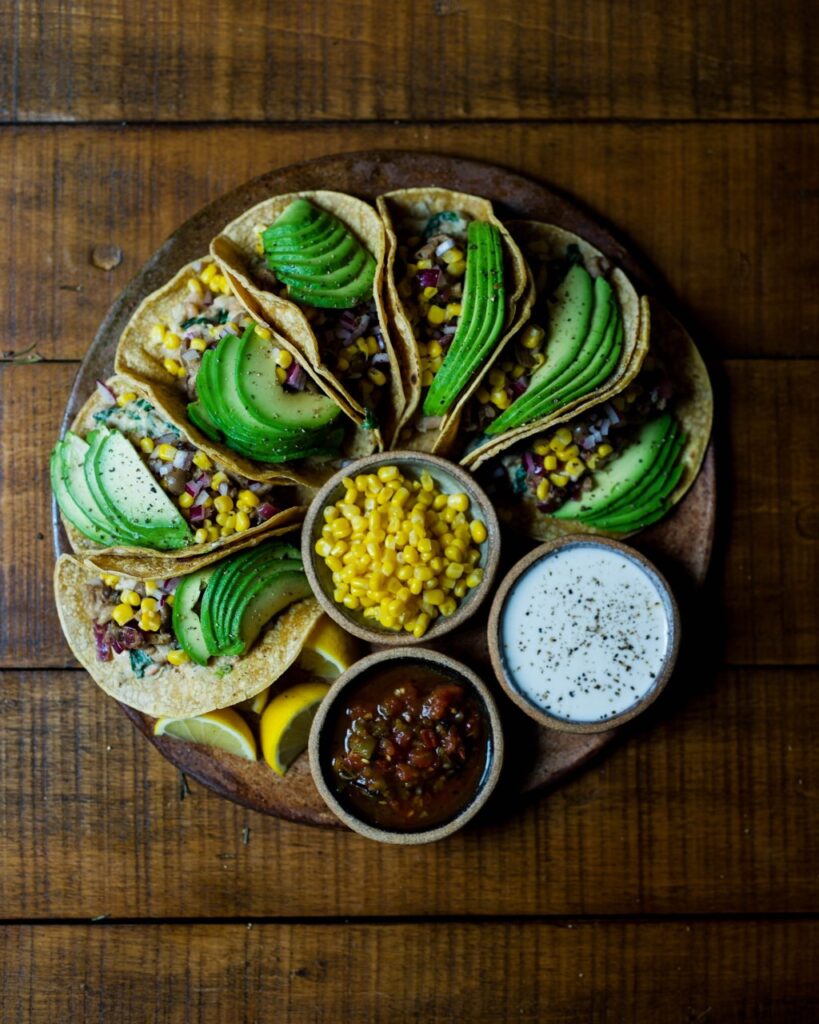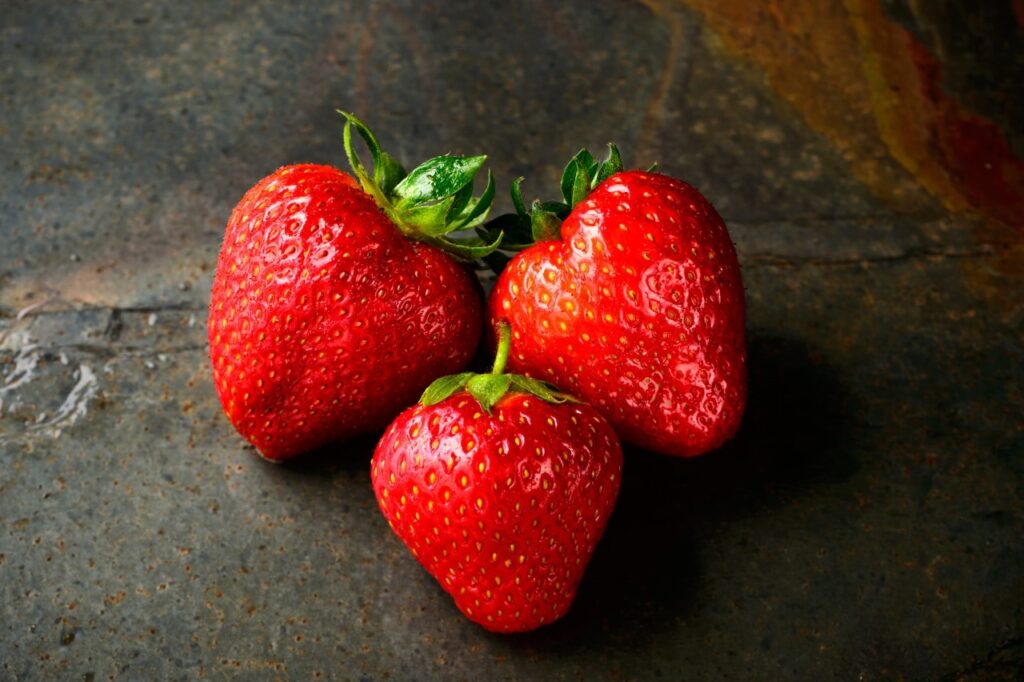If you haven’t heard the term dirty dozen before, it’s time to familiarize yourself with it. The dirty dozen epitomizes what’s wrong about our present food and farming industries, specifically how it negatively impacts your health.
The dirty dozen is a phrase that refers to the 12 crops with the highest amount of pesticide residue. Due to the high levels of pesticide contamination it is best to avoid the dirty dozen and instead opt for organic varieties. Every year since 1991 the United States government issues this in an annual report.

The Dirty Dozen Foods:
• Strawberries
• Spinach
• Nectarines
• Apples
• Grapes
• Peaches
• Cherries
• Pears
• Tomatoes
• Celery
• Potatoes
• Sweet Bell Peppers
Are pesticides that harmful?
Pesticides are chemicals used to control any organism that may invade or otherwise damage crops, food stores, or places where people live or work. While pesticide regulation went largely unregulated for many years, the impact pesticides have on the environment and human health has been under increased scrutiny since the publication of Rachel Carson’s famous book “Silent Spring,” in 1962.
The two types of pesticides are bio-pesticides, which are naturally occurring chemicals that can be reproduced in labs and used in organic farming. The second type of pesticides are synthetic pesticides. They’re designed for easy distribution, stability and maintain a good shelf life.
Classes of synthetic pesticides:
• Organophosphates-These are pesticides that target the nervous system. Several of them have been banned or restricted due to toxic accidental exposures.
• Carbamates-a type of an insecticide that also affects the nervous system, like organophosphates, but is less toxic. The negative effects wear off more quickly.
• Pyrethroids-affect the nervous system and are a lab-produced version of a natural pesticide found in chrysanthemums.
• Organochlorines-these insecticides include DDT, and have been largely banned or restricted due to negative environmental effects.
• Neonicotinoids-type of insecticide used on trees and leaves and is presently under EPA scrutiny for well-documented harm to honey bees.
• Glyphosate-more commonly known as “Roundup,” has been widely used in farming genetically-modified crops. The Monsanto (Bayer) Roundup weed killer is designated as a probables human carcinogen by the International Agency for Research on Cancer (IARC), an arm of the World Health Organization (WHO), on June 24, 2020. Bayer AG publicly announced that the multinational company had reached settlement agreements, resolving more than 100,000 Roundup lawsuits for roughly $11 billion (US dollars).
“By nature pesticides are toxic, and doing whatever you can do to reduce exposures is a really good idea to protect your family’s health,” said Jane Houlihan, the national director of science and health for Healthy Babies Bright Futures, a coalition of advocates committed to reducing babies’ exposures to neurotoxic chemicals.
The dangers of consuming pesticides-laden foods…
Pesticides have been implicated in human studies of leukemia, lymphoma, and cancers of the brain, breasts, prostate, testes and ovaries. Reproductive harm from pesticides includes still birth, spontaneous abortion, birth defects, neurotoxicity, sterility, infertility, cancer, kidney, endocrine disruption and liver damage.
Avoiding pesticides is particularly crucial for babies and children, warn experts, due to the damage that they can cause to the developing brain. Chlorpyrifos is a pesticide that was originally created as an alternative for DDT. It is banned in the EU (European Union) and was slated to be permanently banned stateside in 2016 when EPA safety experts determined it was harming children and farm workers.
However, former President Trump overturned that decision allowing chlorpyrifos to remain in use. Several states have taken steps to ban it, which include California, Oregon, New York and Hawaii.
What can you eat that’s safe?
Aim for optimal wellness and consume more foods from “The Clean Fifteen” list, foods with the least amount of pesticides. Avocados and sweet corn are the least contaminated. The Clean Fifteen” complete list is as follows:
1. Avocados
2. Sweet corn
3. Pineapple
4. Onions
5. Papaya
6. Sweet peas (frozen)
7. Eggplant
8. Asparagus
9. Broccoli
10. Cabbage
11. Kiwi
12. Cauliflower
13. Mushrooms
14. Honeydew melon
15. Cantaloupe
Always eat a variety of fruits and vegetables, in addition to The Clean Fifteen list, and always wash thoroughly before consumption. Eat organic whenever possible, freeze or can organic foods, buy local and in season (think farm-to-table), and advocate for change and hold producers accountable. Here’s to your health and wellness!

